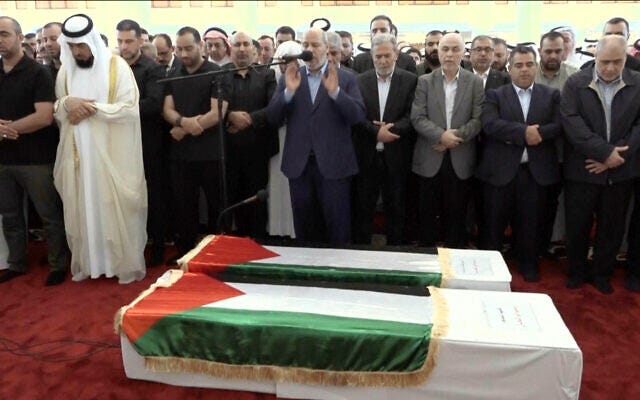Decolonize the Levant
Why now is the time for Israel to take the offensive in the war of ideas

(First published on the Times of Israel, with delay because I'm on the road in Chicago)
As cathartic as killing bad guys can be, a string of…

(First published on the Times of Israel, with delay because I'm on the road in Chicago)
As cathartic as killing bad guys can be, a string of…